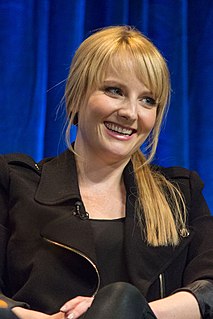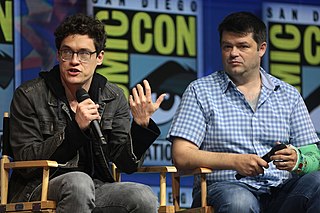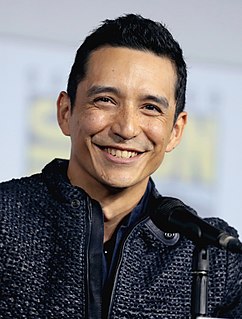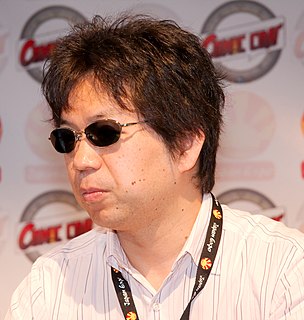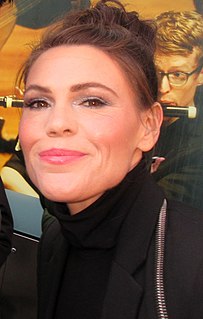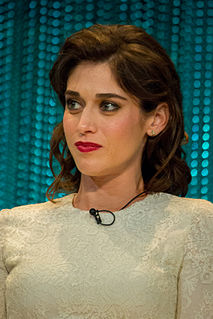A Quote by Natalie Dormer
We don't have enough young, female antiheroes. We don't accept women as antiheroes the way we do the men.
Related Quotes
I'm more comfortable writing traditional protagonists. But 'Steve Jobs' and 'The Social Network' have antiheroes. I like to write antiheroes as if they're making their case to God about why they should be allowed into heaven. I have to find something in that character that is like me and write to that.
You know, whenever women make imaginary female kingdoms in literature, they are always very permissive, to use the jargon word, and easy and generous and self-indulgent, like the relationships between women when there are no men around. They make each other presents, and they have little feasts, and nobody punishes anyone else. This is the female way of going along when there are no men about or when men are not in the ascendant.
It's a different thing with cable TV. You don't have to have your characters be lovely again by the end of the episode. And in this era of the male antiheroes on cable TV, you don't even need to make them likable; you just need to make them compelling. As opposed to film, where it's still those basic tropes of good versus evil. But for women, I don't think that has been widely seen yet.

